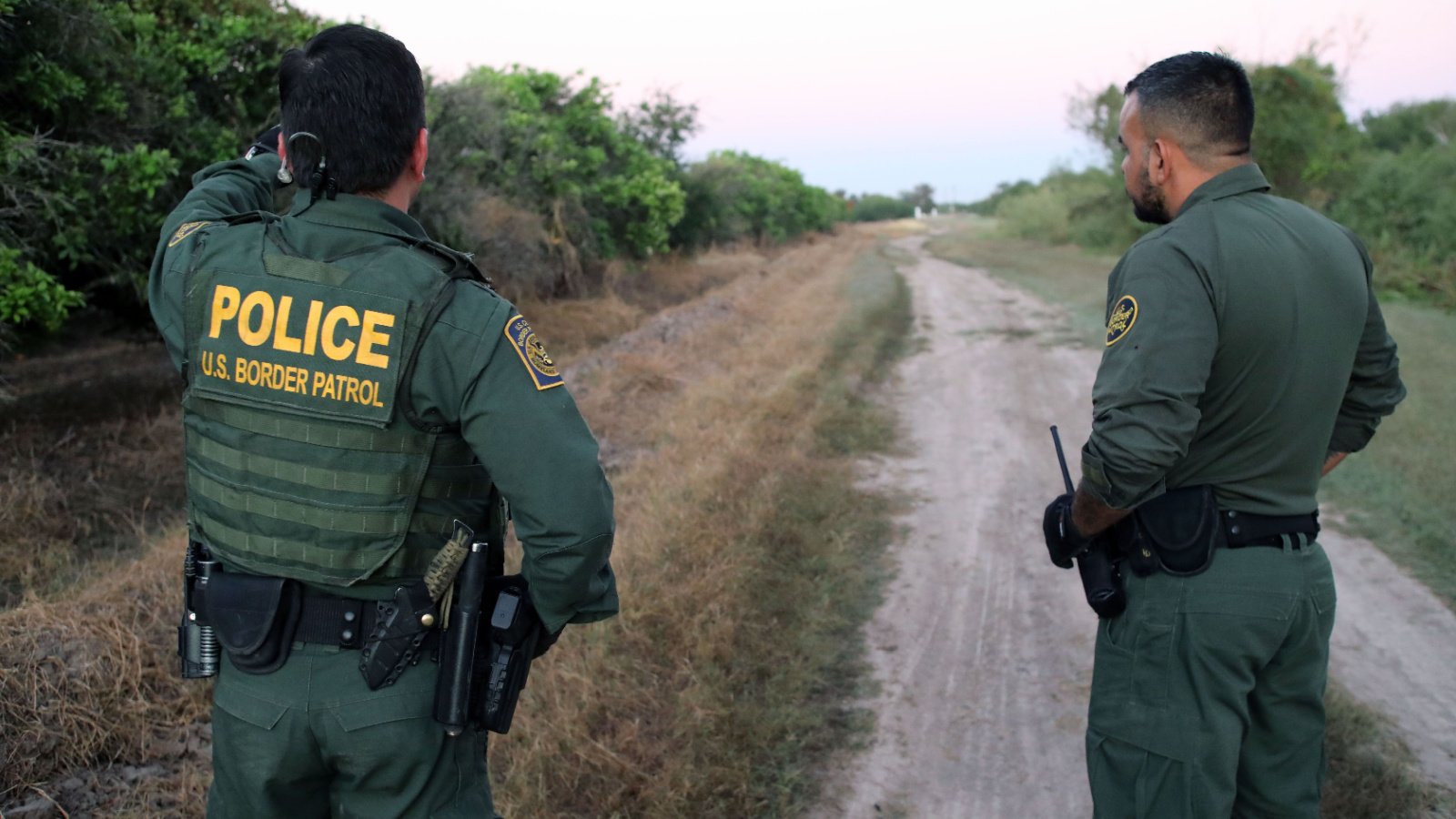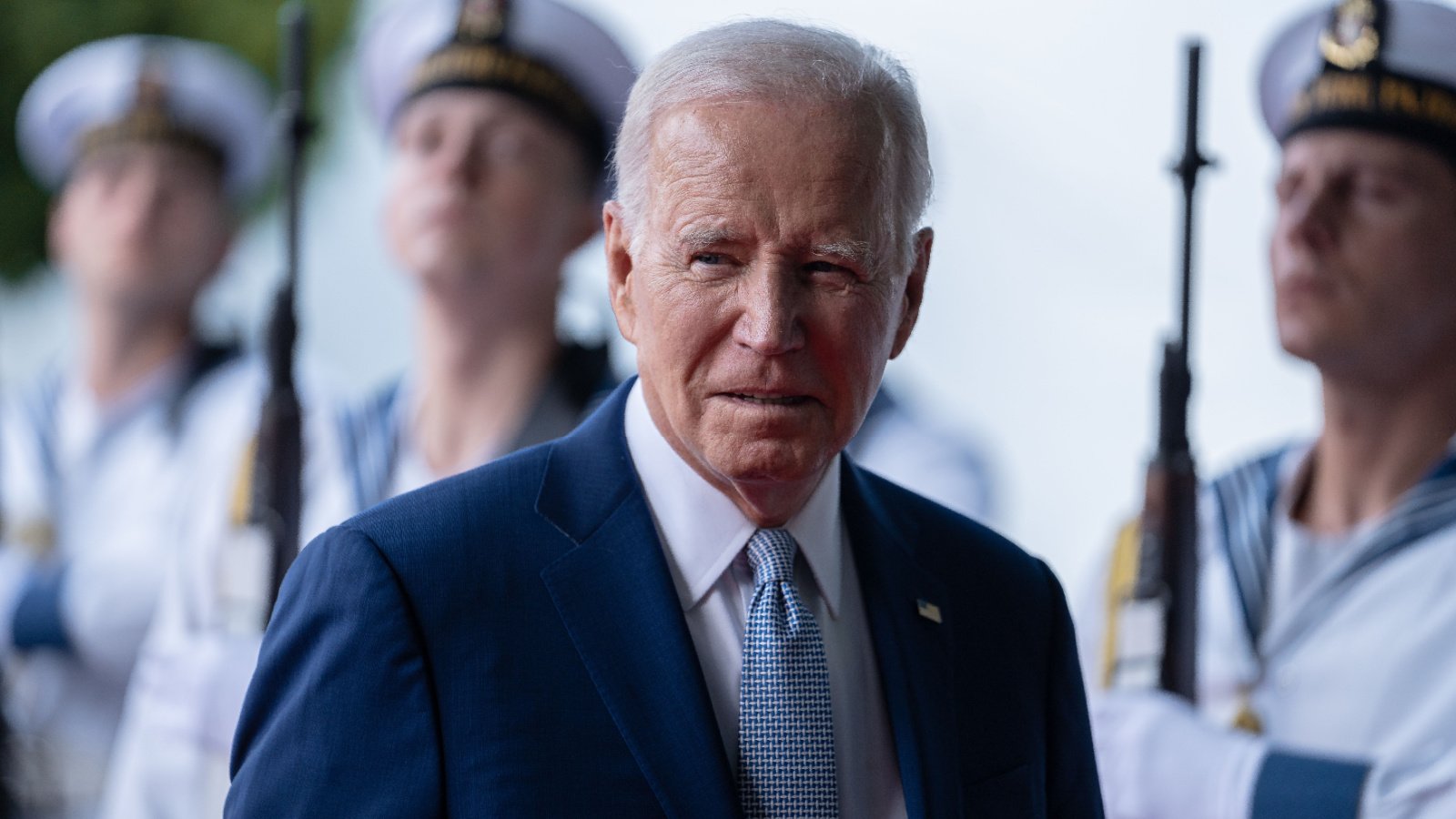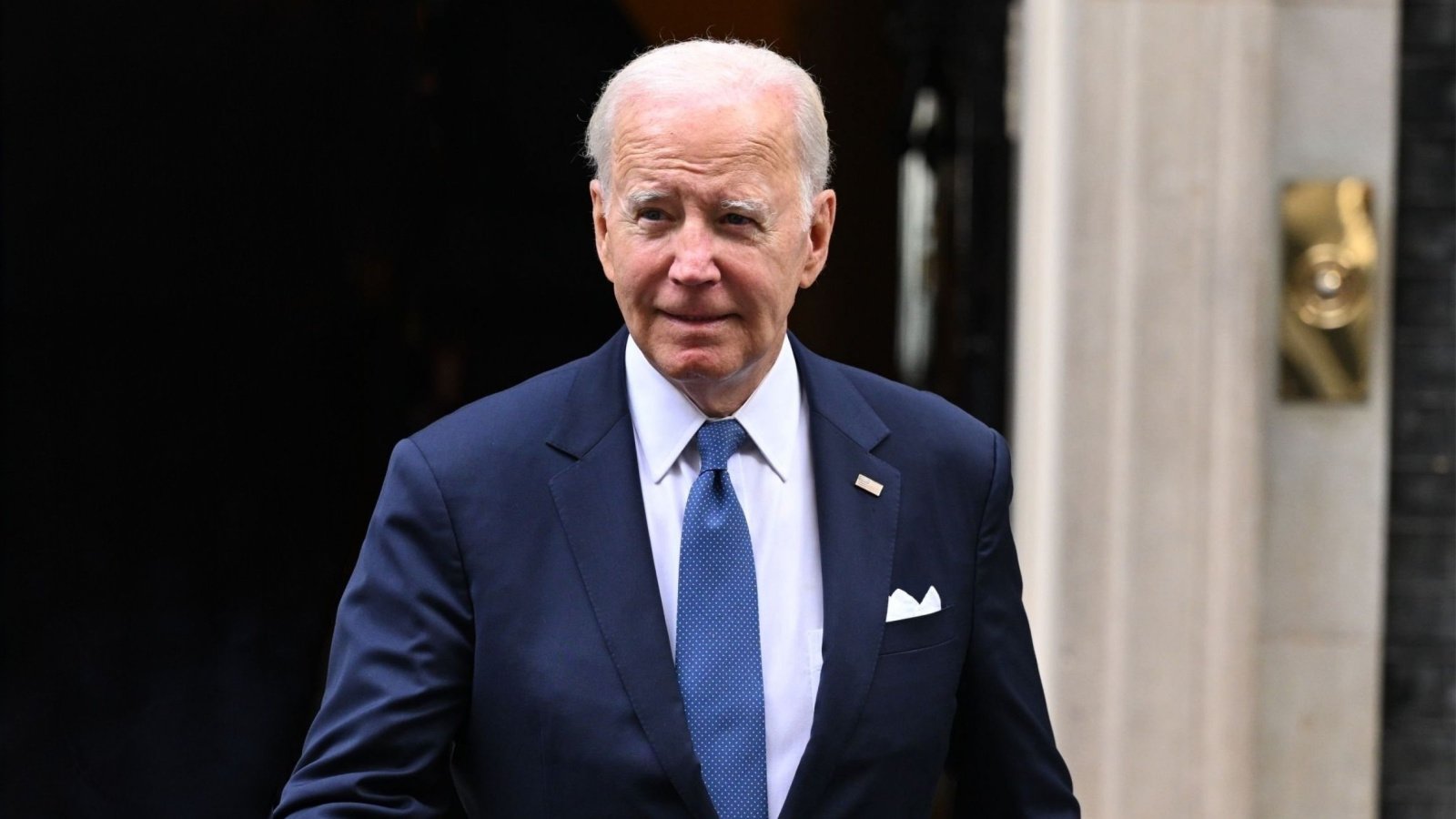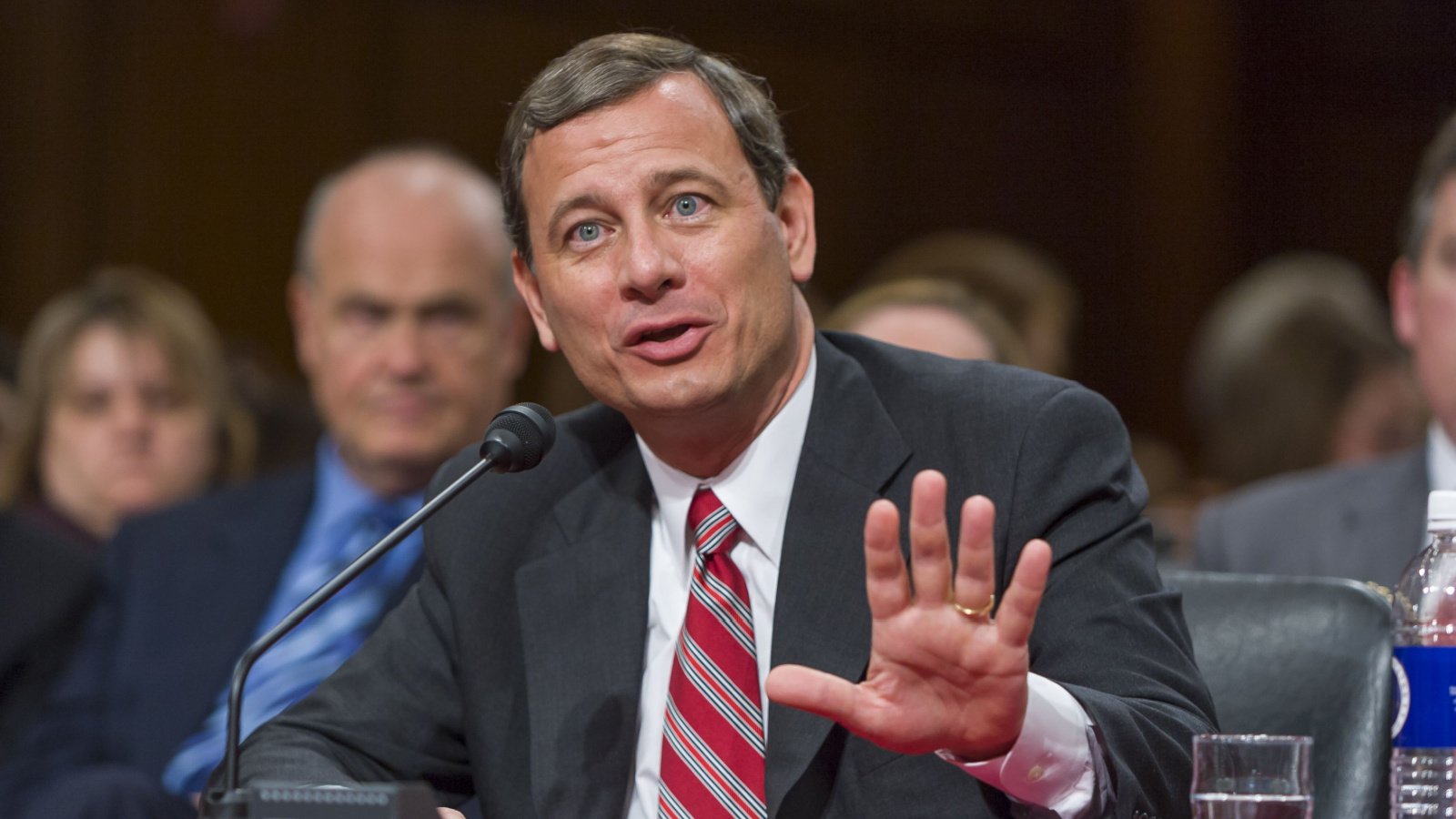President Biden contemplates a major shift in immigration policy, sparking debates on the balance between national security and humanitarian obligations. The potential use of presidential powers to curb asylum claims puts a spotlight on the complexities of managing migrant flows, setting the stage for a contentious battle both in courts and the court of public opinion.
Presidential Powers in Play

In Washington, President Biden finds himself at a crossroads, contemplating the use of a potent presidential power that sparked controversy under the Trump administration to address the influx of migrants at the U.S. southern border. According to insiders, Biden is considering activating a 1952 law to impose severe restrictions on access to the U.S. asylum system, a move driven by the pressure of unprecedented migrant arrivals straining the border with Mexico.
Historical Authority Considered

This law, tagged as 212(f), grants the president the authority to block foreigners’ entry if deemed detrimental to national interests, a tactic previously employed by the Trump administration to implement travel bans and restrict asylum. Sources close to the matter reveal that Biden’s potential executive action, aimed at managing the migration surge, could be unveiled in the coming weeks, though official confirmation remains pending.
Executive Decision Looming

With the U.S.-Mexico border witnessing historic levels of migrant arrivals, the Biden administration is at a pivotal moment, weighing the pros and cons of an executive decree that might redefine asylum access. While the decision hangs in the balance, any move to tighten asylum rules would not only encounter legal challenges but also signal a significant political stance as Biden prepares for the upcoming 2024 election, especially given the critical public opinion on his immigration policies.
A Shift in Strategy

President Biden, who initially pledged to rejuvenate the U.S. asylum system, now contemplates a stark shift in immigration policy amidst surging migrant apprehensions and the strain on cities led by his own party. Despite his early promises, the reality of record-breaking migrant flows and mounting pressures has nudged his administration toward embracing tighter asylum restrictions.
Political Stalemate

A pivotal moment came when the White House sought to empower Biden with the ability to suspend asylum laws during immigration surges, a proposal forged in negotiations with senators but ultimately thwarted by Republican opposition seeking even stricter measures. White House spokesperson Angelo Fernández Hernández lamented this as a missed opportunity for bipartisan cooperation on border security and national security, criticizing Republican lawmakers for prioritizing politics over effective policy solutions.
Facing Challenges Ahead

As Biden stands on the verge of possibly invoking this substantial authority, the path forward is fraught with complexities. Implementing such a sweeping executive order would not only test the administration’s operational capabilities but also highlight the limitations of executive power in achieving comprehensive immigration reform, underscoring the necessity of legislative action to truly secure the border and address the underlying issues.
Navigating Asylum Challenges

The Biden administration’s attempt to manage asylum claims through new regulations has hit a snag, as logistical constraints hamper its ability to fully enforce a rule that disqualifies migrants from asylum for illegal entry without first seeking protection in a third country. Despite the intention, the scarcity of asylum officers and necessary facilities means that many migrants continue to enter the U.S., only to be caught in a protracted legal process due to a ballooning backlog of cases.
Legal Hurdles Ahead

This strategic pivot towards stricter asylum criteria is poised to ignite legal battles, reminiscent of the litigation faced by the Trump administration’s efforts to limit asylum through the 212(f) authority. The legal landscape remains uncertain, with previous attempts to restrict asylum at the southern border encountering resistance from the courts, despite the Supreme Court’s stance on related travel bans.
The Prospect of Litigation

As the Biden administration weighs the use of 212(f) to curtail asylum, legal experts and advocates prepare for a familiar showdown in the courts. Inevitably, there will be legal challenges mirroring those that stymied similar policies under Trump, highlighting the contentious debate over the right to seek asylum in the U.S. regardless of the point of entry.









好文!2026年世界杯越来越近了,让我们共同期待这场全球足球盛宴。日期:2025-11-12 09:40:28 (-03)。
好文!2026年世界杯越来越近了,让我们共同期待这场全球足球盛宴。日期:2025-11-15 08:35:47 (-03)。
Awesome post! Join the fun at https://ws-aes-whatsapp.com Connect with new friends using WhatsApp Web’s contact features. . Date: 2026-01-06 23:47:29 (-03).
Awesome post! Join the fun at https://www.web-jbb-whats-app.com 借助 WhatsApp 网页版,信息长久保存,不必担心丢失。 . Date: 2026-01-07 07:50:10 (-03).
Awesome post! Join the fun at https://ws-aes-whatsapp.com WhatsApp Web simplifies work-related communications. . Date: 2026-01-07 11:48:51 (-03).
Awesome post! Join the fun at https://www.web-jbb-whats-app.com WhatsApp 網頁版的安全性高,確保您的聊天記錄和隱私得到有效保護。 . Date: 2026-01-08 07:27:04 (-03).